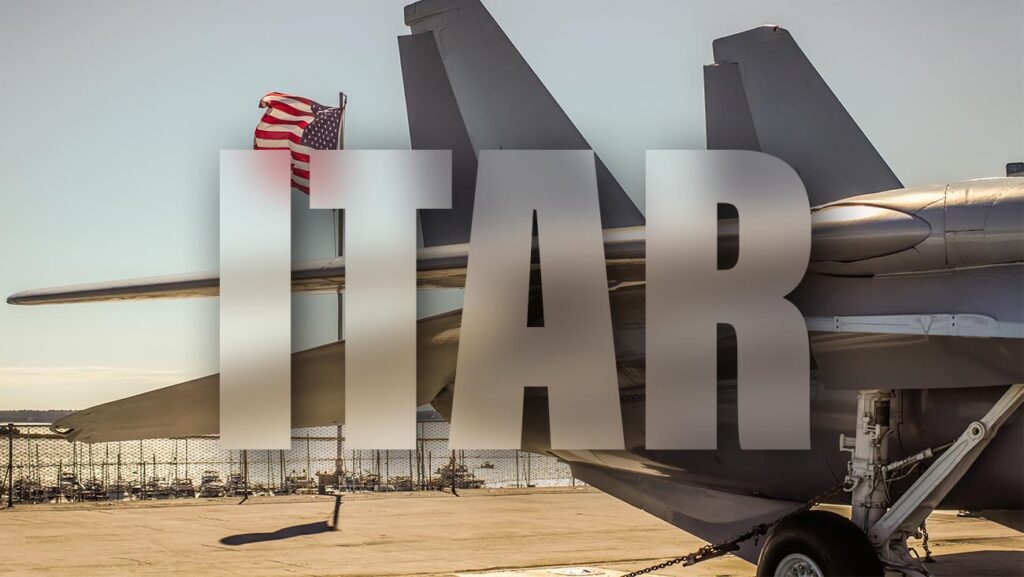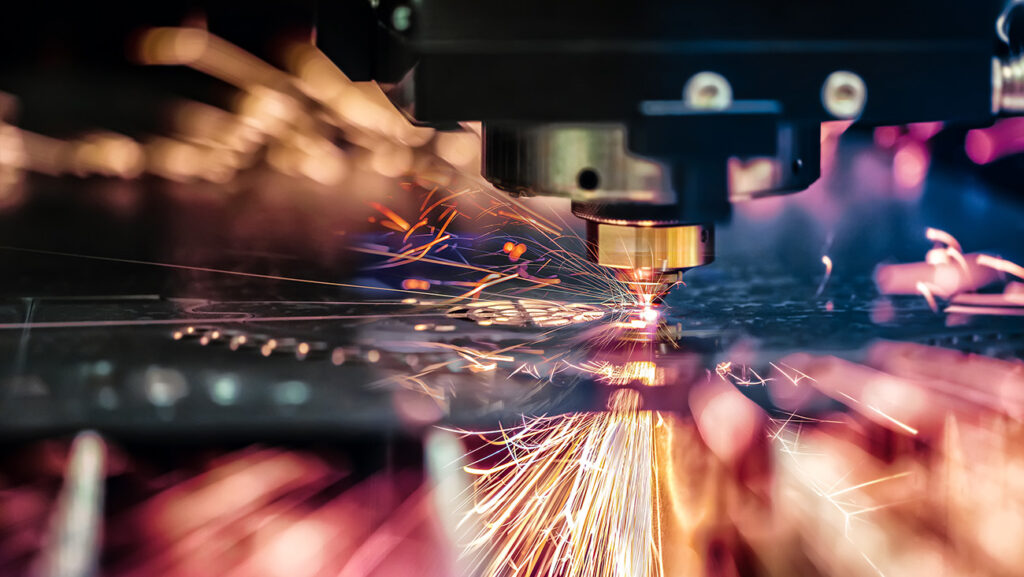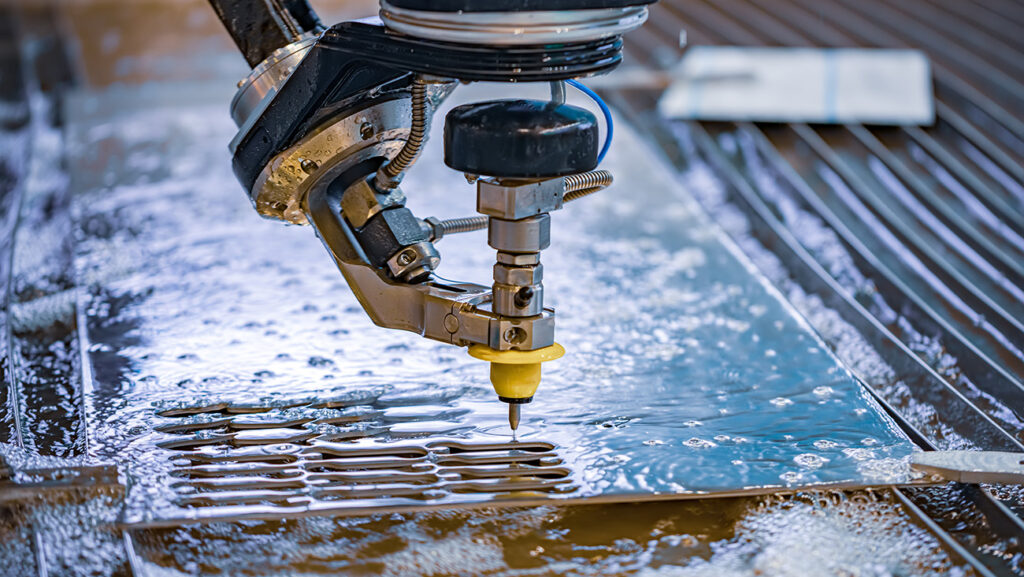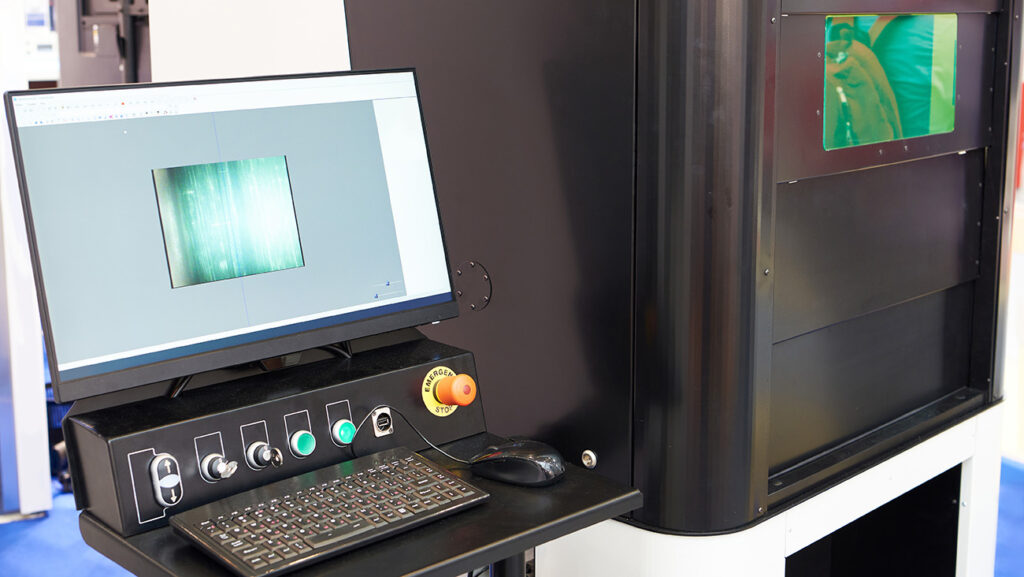What is ITAR? Understanding the Importance of Compliance
Posted on March 20, 2023 in Blogs

When manufacturing parts for the stringent aerospace and defense industries, there are two certifications that are critical for suppliers: ITAR and AS9100. The purpose of these certifications is to ensure that U.S. manufacturers take all precautions necessary to protect U.S. national security while producing safe and reliable products to our government.
ITAR Defined
The acronym ITAR stands for International Traffic in Arms Regulations. It pertains to the export control regulations used by the U.S. State Department to control certain items. These items can be broken down into two categories: physical items, commodities, and technical data.
ITAR sets controls regarding the export and import of these defense-related items and services that appear on the United States Munitions List (USML). The purpose of ITAR is to limit access to specific technologies and their related data. Accumet is an ITAR compliant manufacturer, registered through the governing agency of ITAR which is the U.S. Department of State Department's Directorate of Defense Trade Controls (DDTC).
What Does it Mean to be ITAR Compliant?
To be ITAR compliant, a company such as Accumet must be able to always track ITAR data. This means understanding and identifying what particular data is being protected under ITAR, where that data is located, and identifying who has access to the data.
When any data is transferred, organizations must also be able to record who the data is transferred to. This can be tricky when sharing drawings or certain documents. However, unclassified technical data may be shared with a company's supply chain or with persons outside the US, if the data is secured with end-to-end encryption.
What is the Difference Between ITAR and Export Administration Regulations (EAR)?
ITAR and EAR are two commonly referenced acronyms within the defense industry and there is often confusion as to the significance of each. There are two major differences between ITAR and Export Administration Regulations (EAR).
- First, ITAR is administered by the state department and EAR is administered by the U.S. Department of Commerce.
- Second, ITAR only covers military items whereas EAR covers commercial items that may have military applications. Therefore, ITAR regulates the manufacture, sale, distribution and export of defense-related articles and services, whereas the EAR regulates the manufacture, sale, distribution and export of commercial and dual-use items, technology and information not already covered by ITAR. The dual-use items covered under the EAR have both commercial and military applications.
What Does AS9100 Certification Mean?
AS9100 is the leading standard for aerospace management systems, required by original equipment manufacturers (OEMs) and suppliers worldwide as a condition of doing business. Manufacturers use the standard to set guidelines and to implement their Quality Management System through which their product flows. The organizations that rely on the products — aviation, space, and defense — are generally lumped together and referred to as the aerospace industry.
The standard is produced by the International Aerospace Quality Group, which includes representatives from aerospace companies worldwide. AS9100 ensures aerospace suppliers such as Accumet Engineering are taking the steps necessary to not only meet specific aerospace requirements, but to also improve product quality and to enhance customer satisfaction.
By managing, controlling, and self-auditing internal processes, as well as having an outside agency verify that all facets of the QMS meet the stringent aerospace requirements, Accumet's customers can feel confident knowing that quality is tightly controlled and highly regarded.
What is the Difference Between AS9100 and ISO 9100?
AS9100 is sometimes mistakenly referred to as ISO 9100. However, these are two separate certifications. ISO 9100 is maintained by the International Organization for Standardization (ISO) and the standard is generally accepted worldwide by all organizations. AS9100 is specific to aerospace companies, including some regulatory requirements. The confusion may lie in the fact that while AS9100 is not the same as ISO 9001, it does use many of the same requirements as the ISO 9001 Quality Management System
Is Accumet ISO 9100 and AS9100 Certified?
Yes, Accumet is both ISO 9001:2015 and AS9100:2016 certified, and in accordance with the requirements of AS9104/1:2012. As an ITAR compliant company, we are authorized to manufacture and handle sensitive defense-related products and technologies. Some examples of ITAR compliant items that Accumet manufacturing processes are a part of include:
- Optical components for military applications, such as lenses, mirrors, and filters.
- Laser-based systems and components for military and aerospace applications, including rangefinders, target designators, and laser illuminators.
- Electronic components and subsystems for military and defense-related systems, such as radar and communications systems.
- Precision machined parts for guided missile systems and defense-related equipment.
- Sensor components and assemblies for various military and aerospace applications.
- Other custom-designed products and components that are classified as defense articles under ITAR regulations.
We take ITAR compliance very seriously. With Accumet, you can trust that your project will be handled with the utmost care and attention to its critical requirements.
See what Accumet can do for your next project.
Contact us today to learn more.
Read More
Laser cutting of medical adhesives and tapes from 3M and more
The top 5 benefits of lasers in manufacturing
What are the benefits of cutting aluminum foil with a laser?



